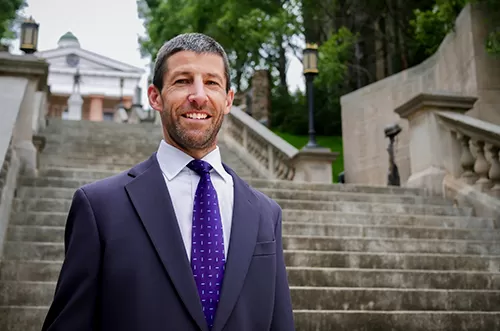Faneuil, Inc. v. 3M Co., No. 181202, 2019 WL 4891274 (Va. Oct. 3, 2019)
Plaintiff Faneuil, Inc. (“Faneuil”) entered into a subcontract with 3M Company (“3M”) to provide customer services in support of 3M’s contract with Elizabeth River Crossings Opco, LLC (“ERC”) to assess and collect tolls at facilities between Norfolk and Portsmouth, Virginia. Under the contract between Faneuil and 3M, 3M agreed to pay Faneuil $2.52 million in annual base compensation in equal monthly payments; 3M could reduce those base payments for a fiscal quarter if the previous quarter included fewer than expected toll transactions; 3M must reimburse Faneuil for
specified actual costs authorized by ERC; the contract’s “pay-when-paid” provision required 3M to pay Faneuil only after it received payment from ERC; material changes to the services specified under the contract required a written change order; and if either party settled claims brought by a third party, the settlement would not bind the other party without its written consent or court approval.
Faneuil brought claims against 3M for breach of contract, unjust enrichment, and fraud in the inducement. 3M counterclaimed for overpayments of base compensation and for Faneuil’s alleged failure to meet certain performance guarantees. After a bench trial, the court dismissed Faneuil’s claims for failure to obtain written change orders and 3M’s counterclaims for failing to follow contractual procedure for reducing monthly payments and for settling claims with ERC without Faneuil’s written consent. The Supreme Court reversed and remanded by unpublished opinion.
First, Faneuil’s claims for additional compensation for Special Services required a written change order under the contract, but its other claims for damages did not. As a result, Faneuil is entitled to judgment on its claim for unpaid base compensation in the amount of $1.25 million. 3M’s settlement with ERC constituted “payment” to 3M, requiring 3M to pay Faneuil under the subcontract’s “pay-when-paid” provision. At trial, Faneuil proved that 3M had received a $4 million credit from ERC to offset some of ERC’s claims against 3M. “3M’s receipt of a credit from ERC for money that it otherwise would have had to pay to ERC is indistinguishable from receiving money from ERC.”
Second, 3M is not entitled to a $1.06 million reduction in its liability to Faneuil as a result of its “good faith” payments to Faneuil for Special Services, because these payments were made “to induce Faneuil to continue providing the Special Services.” The record shows that these payments may not have been legally required. Under Virginia law, such voluntary payments do not entitle a party to recover back the money paid. Williams v. Consolvo, 237 Va. 608, 613 (1989). Lastly, the court remanded Faneuil’s claims for pre-judgment interest and attorney’s fees to the circuit court.





